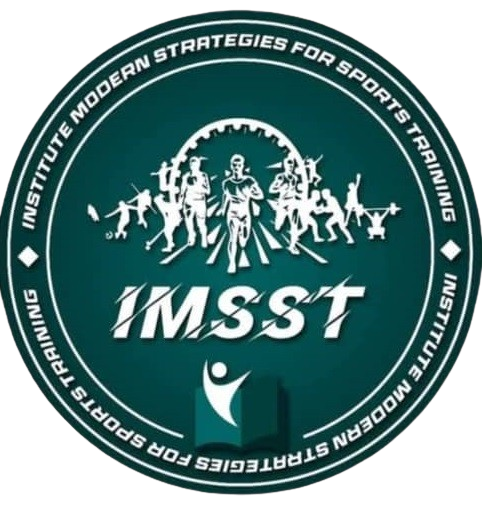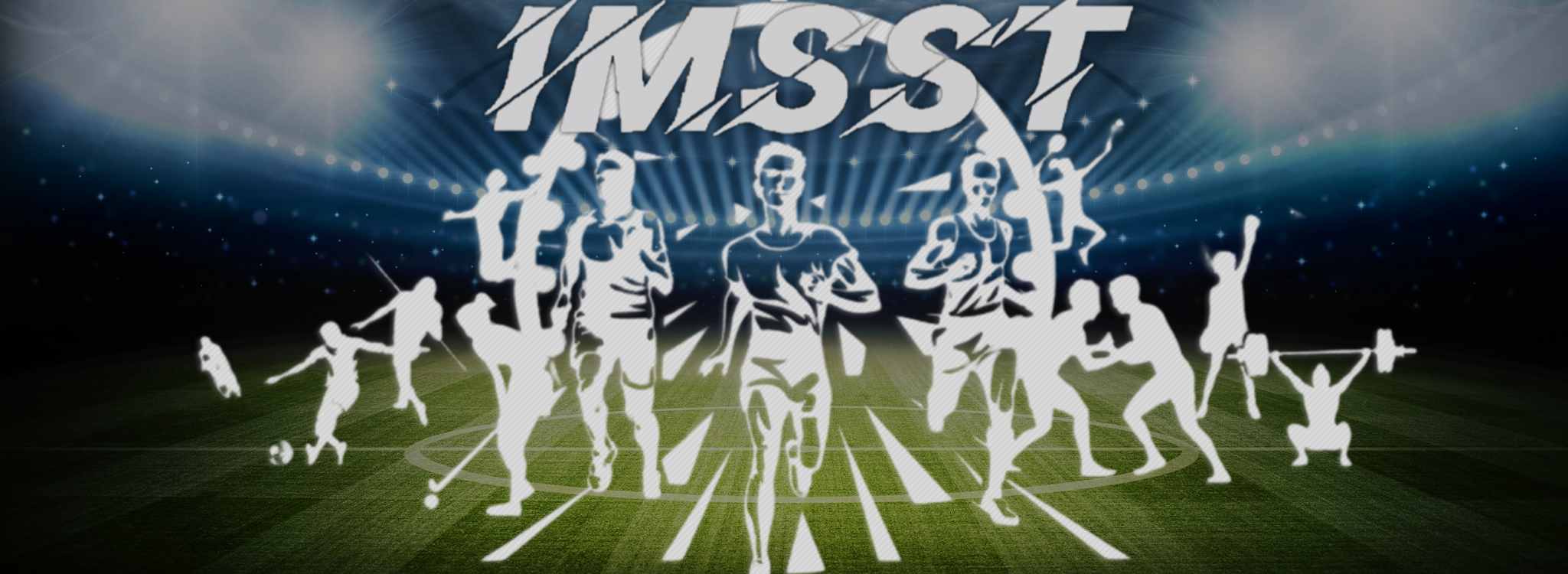Sports Injury Treatment and Rehabilitation
This course provides a comprehensive understanding of the principles and practices involved in the effective treatment and rehabilitation of sports injuries. It’s designed for individuals seeking to specialize in helping athletes recover from injuries, regain their functional capacity, and return to their sport safely and effectively. This course goes beyond basic injury management, focusing on the specialized techniques and protocols required for optimal recovery in the athletic population.
Course Focus:
Principles of Injury Healing: Understanding the physiological processes involved in tissue healing and repair.
Assessment and Diagnosis of Sports Injuries: Developing skills in conducting thorough physical examinations, interpreting diagnostic imaging, and accurately diagnosing sports-related injuries.
Acute Injury Management: Learning about the immediate care of sports injuries, including the application of RICE principles (Rest, Ice, Compression, Elevation) and other acute management techniques.
Rehabilitation Principles and Protocols: Understanding the principles of rehabilitation, including progressive loading, functional exercises, and return-to-sport criteria.
Manual Therapy Techniques for Sports Injuries: Mastering a range of manual therapy techniques, such as joint mobilization, soft tissue release, and manipulation, to address musculoskeletal dysfunction.
Exercise Prescription for Rehabilitation: Designing and implementing individualized exercise programs to restore strength, flexibility, proprioception, and functional capacity.
Modalities in Sports Injury Rehabilitation: Understanding the principles and applications of various modalities, such as electrotherapy, ultrasound, and laser therapy, in injury management.
Sports-Specific Rehabilitation: Developing rehabilitation programs tailored to the specific demands of different sports, considering factors such as movement patterns, energy systems, and competition requirements.
Return-to-Sport Testing and Criteria: Learning how to assess an athlete’s readiness to return to sport and establish appropriate return-to-sport criteria.
Psychological Aspects of Sports Injury Rehabilitation: Understanding the psychological impact of sports injuries and developing strategies to support athletes during the rehabilitation process.
Prevention of Re-injury: learning how to create programs that reduce the risk of future injuries.
Ethical and Legal Considerations: Understanding the ethical and legal responsibilities of professionals involved in sports injury treatment and rehabilitation.
What the Learner Will Gain:
Expertise in Sports Injury Treatment and Rehabilitation: Develop a comprehensive understanding of the principles and practices involved in the management of sports injuries.
Advanced Clinical Skills: Gain proficiency in assessment, diagnosis, manual therapy, exercise prescription, and the use of modalities.
Understanding of Sports-Specific Rehabilitation: Learn how to design rehabilitation programs tailored to the specific demands of different sports.
Skills in Return-to-Sport Testing and Criteria: Develop the ability to assess an athlete’s readiness to return to sport and establish appropriate criteria.
Knowledge of Psychological Aspects of Sports Injury Rehabilitation: Understand the psychological impact of sports injuries and develop strategies to support athletes.
Improved Communication and Interpersonal Skills: Develop strong communication and counseling skills to work effectively with athletes and other healthcare professionals.
Ability to Work in a Multidisciplinary Team: Learn how to collaborate with other healthcare professionals, such as doctors, coaches, and strength and conditioning specialists.
Career Opportunities: This course can open doors to various career opportunities in sports medicine clinics, hospitals, rehabilitation centers, professional sports teams, and private practice.
Increased Earning Potential: Professionals specializing in sports injury treatment and rehabilitation are in high demand.
Ability to Make a Real Difference: Help athletes recover from injuries, return to sport, and achieve their performance goals.
By participating in this course, learners will be equipped to become highly skilled and sought-after professionals in the field of sports injury treatment and rehabilitation, contributing to the health and performance of athletes at all levels. They will become experts in restoring function, preventing re-injury, and optimizing athletic potential.
Sports Massage
This course delves into the specialized techniques and applications of sports massage, focusing on enhancing athletic performance, preventing injuries, and promoting recovery. It equips individuals with the knowledge and practical skills to provide targeted massage therapy for athletes of all levels. This course goes beyond general massage practices, focusing on the specific physiological and biomechanical demands of sports and exercise.
Course Focus:
Anatomy and Physiology for Sports Massage: Understanding the musculoskeletal system, biomechanics, and physiological responses to exercise, with a focus on sports-related applications.
Sports Massage Techniques: Mastering a range of sports massage techniques, including effleurage, petrissage, friction, tapotement, and stretching, tailored to specific athletic needs.
Pre-Event, Inter-Event, and Post-Event Massage: Learning how to apply sports massage techniques at different stages of athletic performance to optimize preparation, reduce fatigue, and promote recovery.
Injury Prevention and Rehabilitation: Understanding how sports massage can be used to prevent injuries, manage pain, and facilitate rehabilitation.
Assessment and Treatment Planning: Developing skills in assessing athletes’ needs, identifying areas of tension or dysfunction, and creating individualized treatment plans.
Sports-Specific Massage Applications: Learning how to adapt sports massage techniques to the specific demands of different sports, considering factors such as movement patterns, muscle groups, and common injuries.
Trigger Point Therapy: Understanding and applying trigger point therapy techniques to release muscle tension and pain.
Stretching and Flexibility Techniques: Learning how to incorporate stretching and flexibility techniques into sports massage treatments.
Communication and Client Interaction: Developing effective communication and interpersonal skills to build rapport with athletes and provide personalized care.
Ethical and Legal Considerations: Understanding the ethical and legal responsibilities of a sports massage therapist, including informed consent, confidentiality, and professional boundaries.
What the Learner Will Gain:
Specialized Knowledge of Sports Massage: Develop a deep understanding of the principles and techniques of sports massage.
Proficiency in Sports Massage Techniques: Master a range of sports massage techniques tailored to athletic needs.
Skills in Assessment and Treatment Planning: Learn how to assess athletes and create individualized treatment plans.
Understanding of Injury Prevention and Rehabilitation: Learn how sports massage can be used to prevent injuries and facilitate recovery.
Knowledge of Sports-Specific Massage Applications: Understand how to adapt massage techniques to different sports.
Skills in Trigger Point Therapy and Stretching: Learn how to release muscle tension and improve flexibility.
Improved Communication and Interpersonal Skills: Develop strong communication and interpersonal skills.
Understanding of Ethical and Legal Considerations: Learn about the ethical and legal responsibilities of a sports massage therapist.
Career Opportunities: This course can open doors to various career opportunities in sports medicine clinics, athletic training facilities, fitness centers, and private practice.
Increased Earning Potential: Sports massage therapists are in high demand, particularly in professional sports and private practice.
Ability to Make a Real Difference: Help athletes optimize performance, prevent injuries, and enhance recovery.
By participating in this course, learners will be equipped to become highly skilled and sought-after sports massage therapists, contributing to the health and performance of athletes at all levels. They will become experts in using massage therapy to enhance athletic potential and promote overall well-being.
Sports and Therapeutic Nutrition
This course provides a comprehensive understanding of the role of nutrition in both athletic performance and the management of various health conditions. It equips individuals with the knowledge and skills to develop personalized nutrition plans that optimize athletic potential, support recovery, and address specific therapeutic needs. This course bridges the gap between sports nutrition and clinical nutrition, enabling learners to apply nutritional principles across a diverse range of clients.
Course Focus:
Fundamentals of Nutrition: Understanding the principles of macronutrient and micronutrient metabolism, energy balance, and digestion.
Sports Nutrition Principles: Learning about the specific nutritional needs of athletes, including pre-workout fueling, intra-workout nutrition, post-workout recovery, and hydration strategies.
Therapeutic Nutrition Principles: Understanding the role of nutrition in the prevention and management of various health conditions, such as cardiovascular disease, diabetes, obesity, and gastrointestinal disorders.
Nutritional Assessment and Counseling: Developing skills in conducting thorough nutritional assessments, interpreting dietary data, and providing individualized nutrition counseling.
Meal Planning and Recipe Development: Learning how to create meal plans and recipes that meet the specific nutritional needs of athletes and individuals with health conditions.
Supplementation for Athletes and Therapeutic Populations: Evaluating the scientific evidence behind common sports and therapeutic supplements, and understanding their potential benefits and risks.
Nutrition for Specific Populations: Understanding the unique nutritional needs of different populations, such as children, adolescents, pregnant women, and older adults.
Medical Nutrition Therapy: Learning about the role of nutrition in the management of specific medical conditions, including disease-specific dietary modifications and enteral/parenteral nutrition.
Behavior Change and Motivation: Developing strategies to motivate clients, promote adherence to nutrition plans, and facilitate long-term behavior change.
Ethical and Legal Considerations: Understanding the ethical and legal responsibilities of a sports and therapeutic nutritionist, including scope of practice, confidentiality, and professional boundaries.
What the Learner Will Gain:
Expertise in Sports and Therapeutic Nutrition: Develop a comprehensive understanding of the principles and applications of nutrition in both athletic performance and therapeutic settings.
Skills in Nutritional Assessment and Counseling: Learn how to conduct thorough nutritional assessments and provide individualized nutrition counseling.
Ability to Create Meal Plans and Recipes: Develop practical skills in creating meal plans and recipes that meet specific nutritional needs.
Knowledge of Supplementation for Athletes and Therapeutic Populations: Understand the potential benefits and risks of common supplements.
Understanding of Nutrition for Specific Populations: Learn about the unique nutritional needs of different populations.
Skills in Medical Nutrition Therapy: Gain knowledge of the role of nutrition in the management of specific medical conditions.
Improved Communication and Motivational Skills: Develop strong communication and counseling skills.
Understanding of Ethical and Legal Considerations: Learn about the ethical and legal responsibilities of a sports and therapeutic nutritionist.
Career Opportunities: This course can open doors to various career opportunities in sports medicine clinics, hospitals, rehabilitation centers, fitness centers, private practice, and research institutions.
Increased Earning Potential: Professionals specializing in sports and therapeutic nutrition are in high demand.
Ability to Make a Real Difference: Help athletes optimize performance and individuals manage health conditions through nutrition.
By participating in this course, learners will be equipped to become highly skilled and sought-after sports and therapeutic nutritionists, contributing to the health and performance of individuals across a diverse range of populations. They will become experts in using nutrition to optimize health, performance, and recovery.

